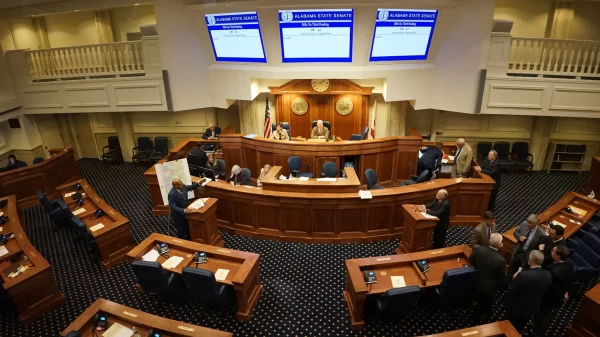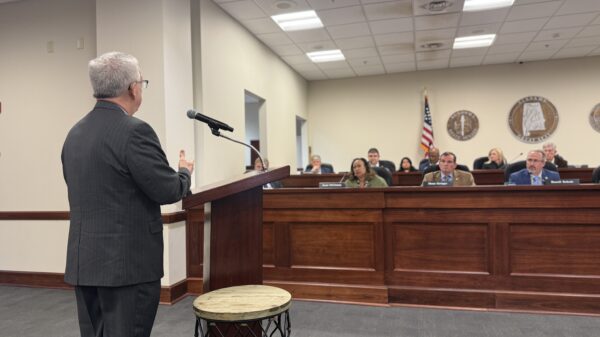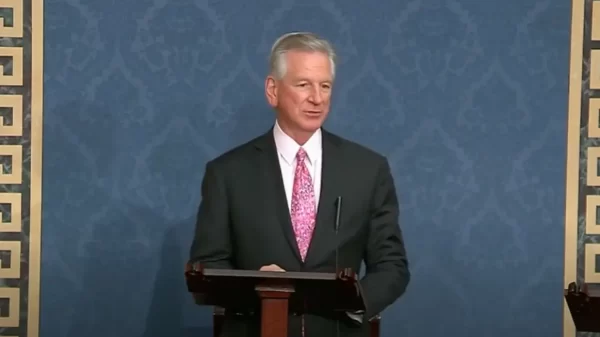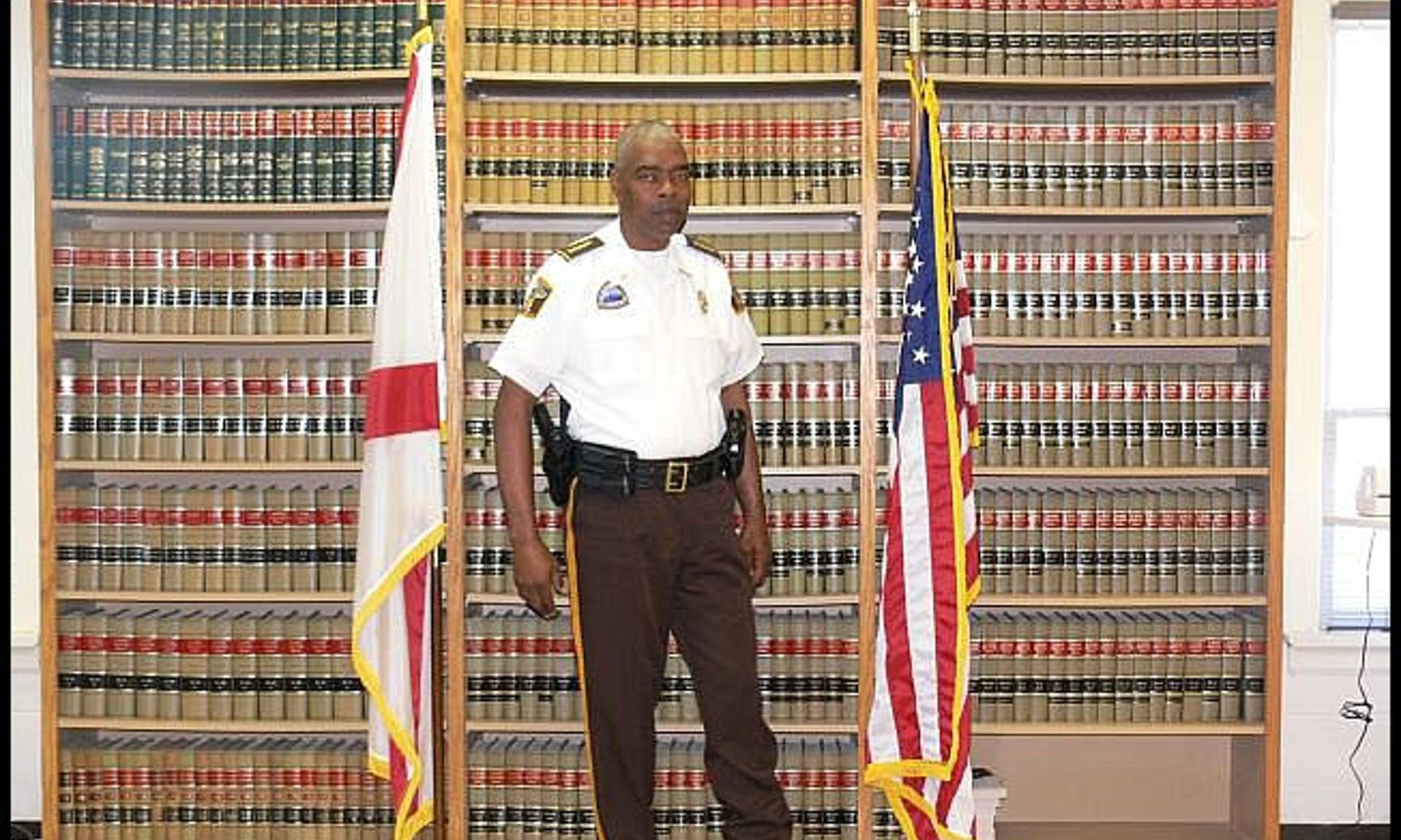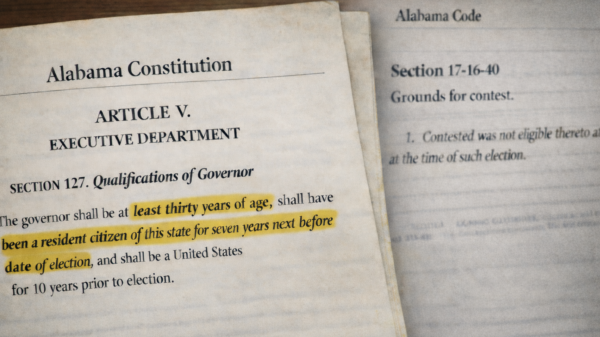Wednesday, November 7 education employees will rally at the Alabama Supreme Court building in support of AEA’s 2016 lawsuit against PEEHIP. The Court is set to hear oral arguments in the case, Remington v. Swindle, involving the violation of Alabama’s Open Meetings Act which resulted in increased educator healthcare costs. The Alabama Education Association has sued PEEHIP over a secret meeting in 2016, which led to rate hikes for Alabama’s educators.
In the 2016 legislative session incumbents were eager to reward teachers and education workers with big raises after several years of austerity following the aftermath of the Great Recession. Since the passage of Obamacare in 2010 health costs have soared. The schools like most of the private sector has passed a fraction of those increases on to the employees; but most of it has been swallowed by the employers. That was the intent of the legislature. They fully funded the PEEHIP request for more money from the education budget. Somewhere there was some miscommunication because the PEEHIP board voted to also raise the education employees share for the service. In many cases the increased cost of the insurance led to most of the raises not appearing in teachers’ take home pay checks.
“For over two years now, in almost every conversation we’ve had with educators in the schools, this is at the top of their mind,” said AEA President Sherry Tucker. “They are asking us what will be done, why did PEEHIP take their 4% pay raise, and what can they do to help? Now, we’re asking educators to show the Alabama Supreme Court they won’t stand for being the subject of an illegal, secret meeting that took their first real pay raise in nearly a decade.”
The legislators granted the teachers a 4 percent cost-of-living raise to educators in 2016 and added $23 million to PEEHIP’s budget. Just six days after the legislature passed the pay raise, PEEHIP held a closed-door meeting prior to the regularly scheduled PEEHIP Board meeting which resulted in a vote that ultimately took most, if not all, of that pay raise from educators. The Alabama Education Association (AEA) immediately filed a lawsuit.
In August of 2017, Circuit Court Judge Johnny Hardwick ordered that all funds collected to be placed in an interest-bearing account and then ruled in favor of AEA stating PEEHIP violated the law. PEEHIP appealed the decision to the Alabama Supreme Court, which issued a stay on the ordered refunds.
The Alabama Supreme Court now will have to decide whether to uphold or overturn Judge Hardwick’s decision.
The economy is booming; but that means that highly educated people like teachers, especially competent vocational education teachers needed for workforce development are increasingly in demand by the private sector and in some cases by schools in other states. This is making it harder for some Alabama school systems especially poor, rural ones to compete for new education grads and even to retain the teachers they do have.












